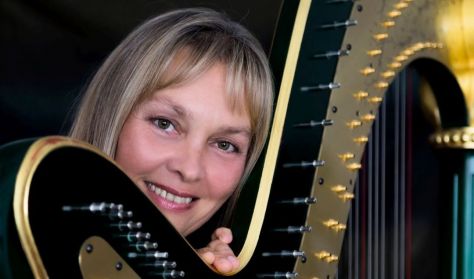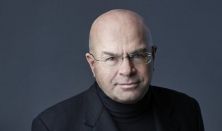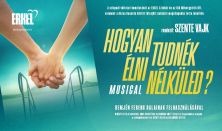A Lukács bérlet elsősorban azokat szólítja meg, akiket a magyar zene sokszínűsége érdekel. Akik nyitottak a ritkaságok iránt, és olyan művek felé is érdeklődéssel fordulnak, amelyeket még sohasem hallottak, vagy akár nem is hallottak róluk. A bérlet összeállítói azonban arról is gondoskodtak, hogy az igazi közönségcsalogatók se hiányozzanak a műsorból. Ilyen Liszt Ferenc két remeke, a Tasso című szimfonikus költemény és az Esz-dúr zongoraverseny, Kodály Zoltán Háry Jánosa és Concertója, Dohnányi Ernő fisz-moll szvitje. Külön figyelmet érdemelnek azok a kompozíciók, amelyek kottájáról már legfőbb ideje volt letörölni a port – ilyen Goldmark Károly Falusi lakodalom című szimfóniája, amelyet korábban olyan nagy dirigensek tűztek programjukra, mint Thomas Beecham és Leonard Bernstein. A szólisták – Balogh Ádám, Devich Gergely, Gál Erika, Hadady László, Haja Zsolt, Vigh Andrea és Zempléni Szabolcs – a magyar zenei élet kiválóságai, akik szinte kivétel nélkül a nemzetközi szintéren is bizonyítottak. A Lukács bérlet tehát a magyar zene átfogó seregszemléjét kínálja a közönségnek.
Lukács bérlet / 2
2020. december 3., csütörtök, 19:30
Kocsár
Weiner Leó: f-moll szerenád, op. 3
Járdányi Pál: Hárfaverseny
Kocsár Miklós: Capriccio
***
Kodály Zoltán: Háry János – részletek
Vigh Andrea hárfa
Gál Erika alt
Haja Zsolt bariton
Dunai Tamás narrátor
A Magyar Állami Operaház Gyermekkórusa (vezető karnagy: Hajzer Nikolett)
Nemzeti Filharmonikus Zenekar
Vezényel: Kocsár Balázs
A Szerenád kis zenekarra Weiner Leó 1906-ban írt négytételes zenekari alkotása, amelyet tanárának, Koessler Jánosnak ajánlott a szerző. A darabot 1907. december 3-án, Kölnben mutatták be. Weiner egyik első kompozíciója magyaros hangvételének köszönheti népszerűségét. A klasszikus formák kiváló ismerője virtuózan alkalmazta a verbunkos, a „jó, alapos csárdás” fordulatait.
Hárfaversenyét (1959) Járdányi Pál feleségének, Devescovi Erzsébetnek ajánlotta. A bemutató egyik kritikusa kiemelte, hogy a darab „alaphangulata lírai. Ezt a lírát nem árnyékolják be tragikus összecsapások, aranyló pasztellszíneit inkább az ötletek teszik csillogóvá. Az egyetlen tételben megfogalmazott kompozíció harmonikus egység benyomását kelti, amit a szerkezet jól átgondolt felépítésével és sikerült arányaival ér el a szerző.” Ezúttal Vigh Andrea tolmácsolásában hallhatjuk a hárfaszólamot.
Kocsár Miklós többször átdolgozta 1960-ban zongorára írott Capriccióját. 2002-ben, a zongoradarab újragondolását követően ebből is készült zenekari mű, immár a negyedik. Erről így vall a szerző: „Zenei anyagában nem változott, hangszerelésében is csak a legszükségesebb mértékig, sokkal inkább terjedelmében; léptéke, egyes részeinek kifutása zenekari alkotáshoz méltóbb, mint korábban volt. […] Az is vonz ehhez a darabhoz, hogy magán viseli mindazt, ami akkori tudásomat jellemezte: bartókos, stravinskys elemek találhatók benne.”
A koncert második részében Kodály Zoltán legnépszerűbb művéből, a Háry Jánosból hallhatunk jól ismert részleteket: bravúros hangszerelésű, humoros, ironikus, fennkölt líraiságú zenekari számokat és nemesen egyszerű magyar népdalokat. Az utóbbiak jelképezik azt a tiszta forrást, amely Kodály zenéjét örökérvényűvé teszi.














